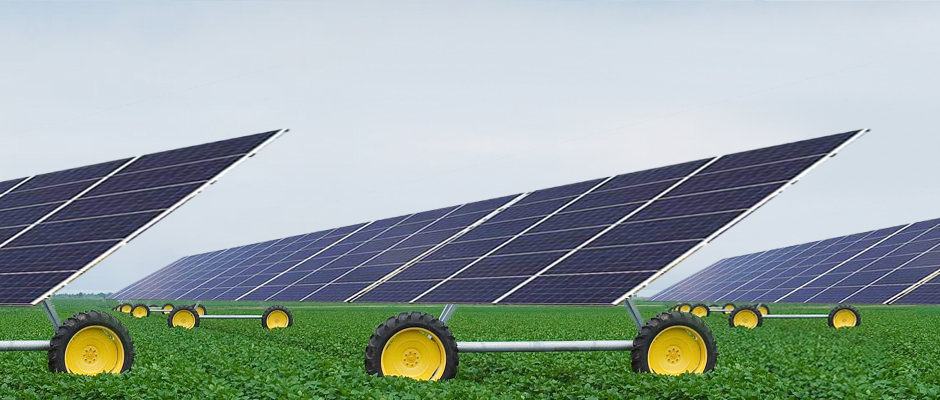
An old colleague of mine used to say that controlling climate in a greenhouse is just a matter of “simple” physics. We already know a lot about what the ideal climate conditions for our crops are thanks to many years of research. Plus, we often know the best average daily temperature, minimum and maximum temperature, desired RH (Relative Humidity), light requirements and the amount of CO2 needed for optimal growth.
Such simple physics involves shielding from light or admitting it, heating and cooling, humidifying and dehumidifying. Not that this necessarily simplifies things because it is only then that the puzzle is actually created. If you know that the optimal 24-hour temperature is 23 °C but the cost of actually producing heat will be much higher than the yield in terms of extra kilograms or quality, then sometimes you will not choose to set it at the optimal temperature.

Energy mix
Figuring out the optimal mix for energy becomes more complicated when you consider the sources that you can use. Running off gas in a combined heat and power system (CHP) not only supplies electricity and heat, but also CO2 which is extracted from the flue gases. Stoking gas by means of a boiler produces heat and usually CO2 as well. In addition, we are making increasingly more use of geothermal energy.
Aside from producing energy, you also have the problem of how to store heat or electricity surplus at a certain time of day, or what to do when there is a deficit. Some days you need to cool during the day and warm things up at night. There is also the difference in summer and winter. You usually have a net surplus of heat in the summer and a deficit in the winter. In these cases, storage needs to be done for several months rather than a few hours.
Hydrogen
An energy source that we have not really come across yet in the energy mix for greenhouse horticulture is hydrogen. However, the place of hydrogen in the energy mix for horticulture is being talked about more frequently.
Hydrogen production also involves “simple” physics. Hydrogen can be produced from a variety of sources, such as water, biomass but also natural gas. Depending on the source used, we are talking about different forms of hydrogen, as in, gray (extracted from natural gas or coal), blue (from natural gas or coal with capture and storage of CO2) or green (production based on renewable sources such as solar or wind energy).
Infrastructure
Yet at the same time, the use of hydrogen as an energy source for greenhouse horticulture presents challenges. A major challenge is the infrastructure that is needed to produce, transport and store hydrogen. At the moment, a lack of infrastructure to support large-scale hydrogen production and storage makes it difficult to roll out hydrogen-based systems on a large scale. Moreover, hydrogen is a highly flammable gas and requires special precautions for handling, storage and transportation.
On the other hand, we already have so many options in the “mix” of energy storage in thermal batteries like Thermeleon does, underground heat and cold storage, and the conversion of radiation into light that the plant can harness for growth and smart greenhouse systems that are especially well insulated or are capable of heating, cooling and dehumidifying. The use of hydrogen could be a good, additional option here.
Hydrogen-powered grower
A lot of companies are engaged in research into the development and application of hydrogen. I think that hydrogen will become more and more a part of the energy mix for greenhouse horticulture in the near future. Experts indicate that it will come down more and more to a smart mix of solutions, providers as well as consumers of energy. Local distribution and the network will be important in this respect. With a mix of consumers, suppliers and good storage, we should be able to make the transition to a sustainable energy system sooner. Due to the innovativeness of a number of growers and the current energy mix, greenhouse horticulture forms an ideal environment for experimentation.

What if, for example, when there is a surplus of energy, we produce hydrogen that is then used as fuel for the trucks that come to pick up plants from the grower. CO2 released in this process could be reused in the greenhouse. Or we could also connect to a hydrogen infrastructure next to the heat and CO2 pipelines running from the Port of Rotterdam.
In the meantime, I am curious to know who the first hydrogen-powered grower will be….
Have you got hydrogen-based solutions that would fit into the energy mix for greenhouse horticulture? If so, please be sure to get in touch with me!

